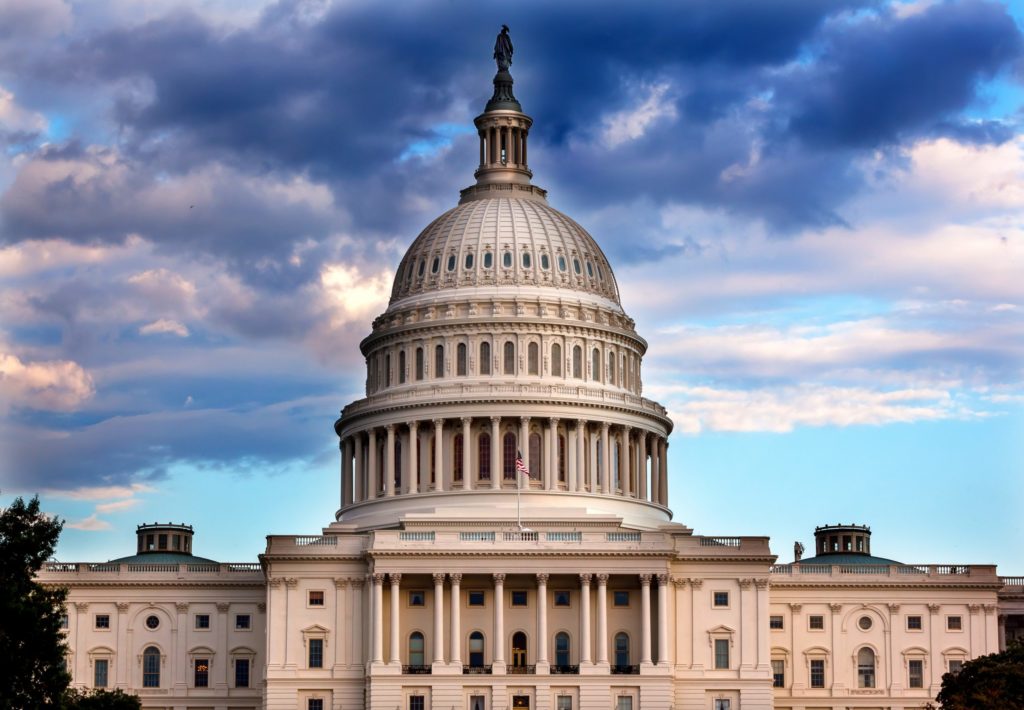Recap of R Street’s May 26 GSE reform conference
Government-sponsored enterprises Fannie Mae and Freddie Mac have essentially no capital, have been in government conservatorship for nearly eight years and are totally dependent on the taxpayers.
As Congress considers measures such as H.R. 4913, the Housing Finance Restructuring Act of 2016, the R Street Institute hosted a May 26 conference on ways to reform the GSEs, moderated by R Street Distinguished Senior Fellow Alex J. Pollock. The bill’s sponsor – Rep. Mick Mulvaney, R-S.C. – was on hand to discuss the bill and address various criticisms of it, explaining how it would require much stronger capital formation for Fannie and Freddie than in the past.
Jim Glassman of the American Enterprise Institute emphasized putting Fannie and Freddie on the same plane as private “too big to fail” financial institutions, citing ideas he and Pollock outlined in their co-authored paper “How to fix Fannie and Freddie.”
Jim Parrott of the Urban Institute and Falling Creek Advisors discussed the importance of having a deep market for credit risk, backed with infrastructure in the public domain; he also raised a number of difficult questions H.R. 4913 leaves open. Mike Fratantoni of the Mortgage Bankers Association discussed credit availability, mortgage rates and the effect Fannie and Freddie reform could have on these key factors.









